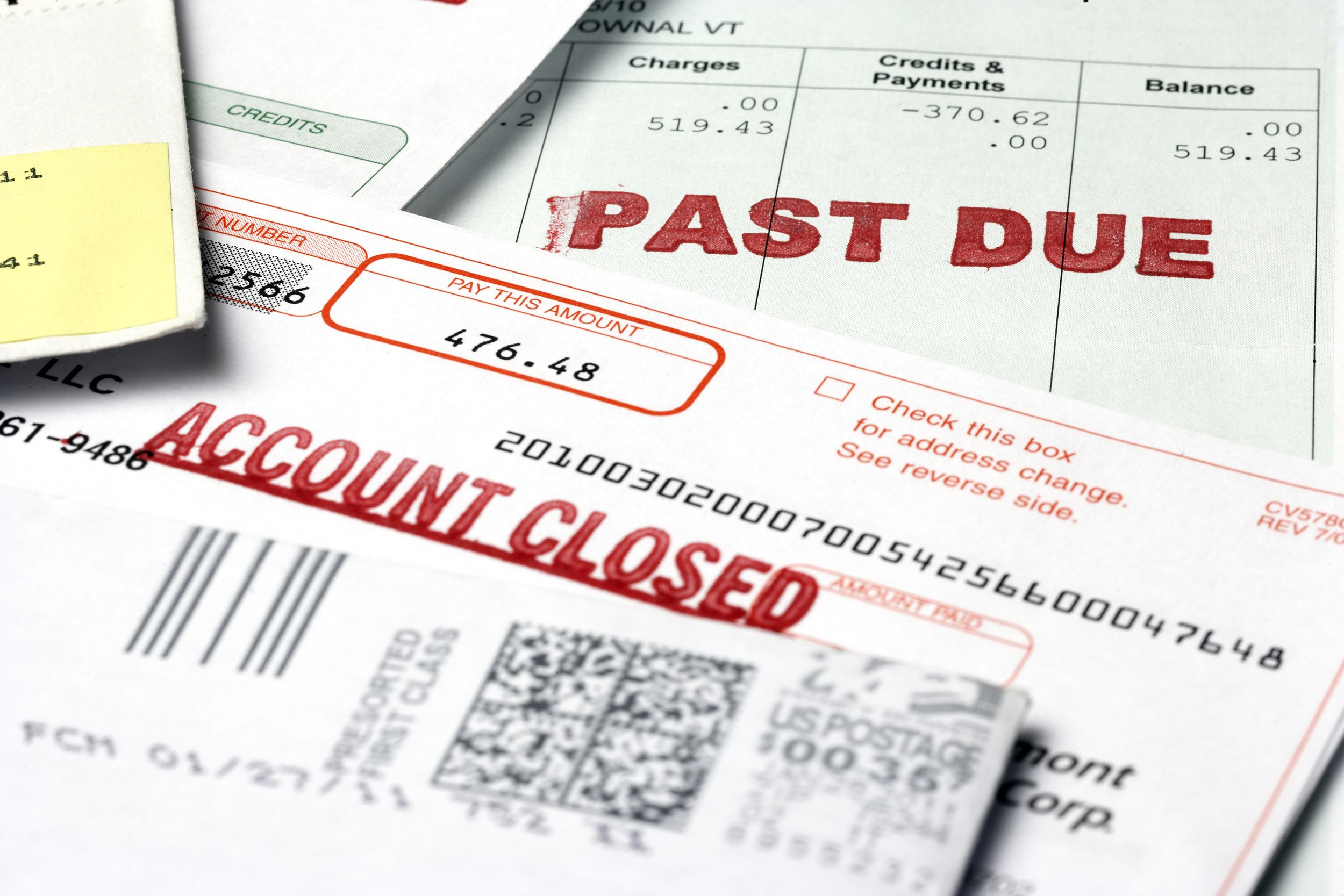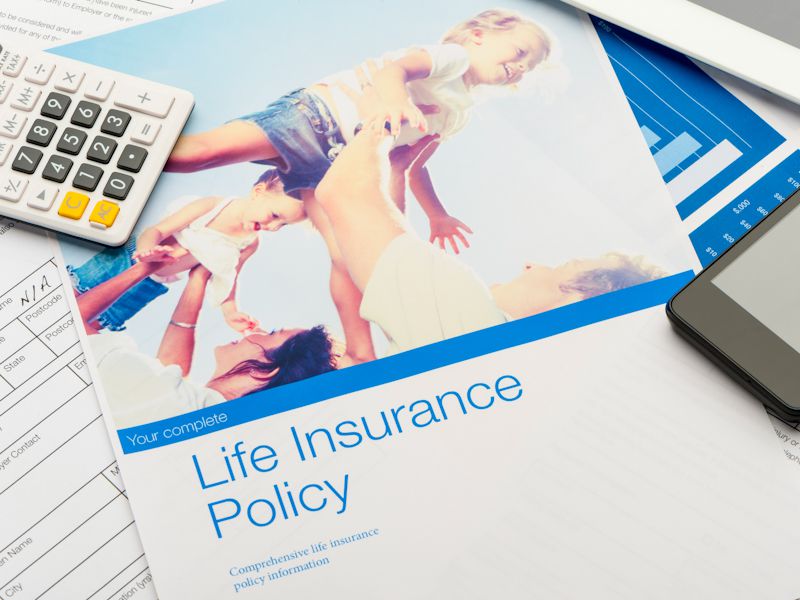Between personal finance blogs, money pundits on television, and input from family, friends, and even neighbors, there’s no shortage of advice to be had about money — how to make it, how to manage it, and how to grow it. It can be hard to separate fact from fiction. To help sort through it all, Cheapism has reached out to personal finance experts and asked them to share some of the top money myths, covering everything from credit cards and personal debt to real estate investing, car loans, and retirement funds. Here’s what they had to say.
Debt Is a Tool

How many times have you been told you can use debt as a tool? Dave Ramsey, author of “The Total Money Makeover,” says debt has been sold to us so aggressively, it’s often hard for most people to imagine having a car without a car payment or going to school without using a loan to pay for it. “Debt adds considerable risk, most often doesn’t bring prosperity, and isn’t used by wealthy people nearly as much as we are led to believe,” Ramsey, who suggests it’s better to instead live below your means and pay cash for the things you want.
Related: Cases When a Credit Card Beats Cash
You Should Conquer Larger Debts First

Related: How You’re Destroying Your Credit Score Without Knowing It
Stay-at-Home Spouses Don’t Need Life Insurance

Related: How Parents Waste Money on Kids
Stay Away From All Credit Cards

Credit cards are viewed as the gateway to debt, and rightfully so. Thus, the popular wisdom has become that it’s often best to stay away from them altogether. If you make all your payments on time and pay in full each month to avoid interest, though, credit cards can have their perks. “Many credit cards have reward programs that allow you to earn points or money back simply by using them,” says Jennifer McDermott, of the personal finance site Finder.com. What’s more, making payments on time can increase your credit score, and a high credit score can make it easier to buy a home and get favorable interest rates.
Buy Because It’s a Bargain

Related: Cheap Choices That Can Cost You in the Long Run
Trending on Cheapism
Working Harder Means More Money

Related: Great Jobs for Retirees
Leasing a Car Is What Sophisticated People Do

Related: Reliable Cars You Can Drive Into the Ground
Used Cars Are a Better Value

If you’re using a car loan, buying new may be a better value. An analysis by Finder.com revealed that consumers may end up saving as little as $500 in interest when buying used compared with new. “In the long run, the newer car will stretch your dollar further after taking into account additional costs such as insurance and maintenance,” McDermott says.
Related: Questions to Ask Before Buying a Used Car
Sign up for our newsletter
Budgets Are Only for the Financially Savvy

Related: Steps to Creating a Monthly Budget
You Can’t Get a Credit Card With Bad Credit

If you have bad credit, don’t buy into the hype that you can’t be approved for a credit card. “People with bad credit should still be able to get a ‘secured card,’ which requires a cash deposit upfront that then becomes the card’s credit line,” Diana says. “Many credit companies offer secured credit cards, and you can apply for them online. Paying them off on time can help rebuild your credit.” The key, however, is to use credit responsibly and not rack up debt for things you can’t pay for.
Related: Things You Can’t Do With a Low Credit Score
The Higher the Price, the Better the Product

Related: Historic Failures by Successful Billionaires
I Can Save for Retirement Later

Many young adults, especially those in their 20s, don’t make retirement savings a financial priority, in large part because retirement seems like such a distant concept. But it’s never too early to start saving for retirement. “Open a retirement account as early as you can and faithfully contribute toward it,” Hudson says. “Even if it’s only 5% of your salary; the longer you save for, the longer your investments have time to grow.”
Related: Ways to Jump-Start Your Retirement Savings If You’ve Been Procrastinating
The 4% Rule

Many retirees have been told they can plan to spend about 4% of their retirement nest egg each year during retirement and not run out of money. This may be outdated, says Robert Johnson, professor of finance at the Heider College of Business at Creighton University. “While historically that rule of thumb worked in the United States, the current environment of low bond returns increases the likelihood that retirees may well run out of money if that rule is applied going forward,” he says. “Better safe than sorry, people would be better served to decrease their spending to perhaps 3% to make their money last.”
Related: How Biden’s Presidency Could Affect Seniors
Don’t Ever Take a Pay Cut

While there’s plenty of truth to the idea you should never sell yourself short, taking a pay cut might be inevitable at some point during your professional life — “especially during a career or location change, including moving to an area with a lower cost of living or switching to a career that is less stressful,” Hudson says. “To get where you want to be, you may need to take a few detours along the way, including a lower salary.”
Buying Is Better Than Renting

Salaried Positions Pay Better Than Hourly Compensation

How many times have you heard that it’s better to have a salaried position than hourly compensation? Steven Millstein, a certified financial planner and editor of CreditRepairExpert.org, says this is a myth. “Adjusted for hours worked, salaried positions can end up paying surprisingly little money for the time and effort they require,” he said.
Related: Jobs With Flexible Hours and Great Hourly Rates
You Should Get a Credit Card to Build Your Credit

Some experts believe credit cards lead you down a slippery slope, rejecting that it’s necessary to focus on improving a credit score. Why? Because the point of having a good credit score is to get more credit. “This myth means we have to get more debt so we can get more debt because debt is how we get stuff,” Ramsey says.
Moving for a Job That Pays More Is a Good Idea

100 Minus Your Age in Stocks

Related: How to Build Wealth During a Recession
You Should Have 5 to 7 Times Your Annual Salary in Life Insurance

Life insurance isn’t for everyone. Those who’ve accumulated enough wealth and assets to care for their own needs and their loved one’s needs in the event of their death can forgo paying for life insurance, especially if it’s a term policy. “Life insurance is a terrific risk-management vehicle for some and an incredibly poor investment for many others,” Johnson says.
Related: Tips to Keep You From Buying Too Much Life Insurance
Your Expenses Will Be Lower After Retirement

Related: Things Every Retiree Should Get Rid of
You Must Accumulate a Certain Number Times Your Salary to Retire

Instead of focusing on amassing a multiple of your annual salary as a goal for retirement savings, focus on saving enough to cover annual living expenses. “If you make $80,000 annually and only spend $25,000 of it, you have a very different endpoint than someone who spends $75,000 of theirs,” says Joe Mecca of Coastal Credit Union in Raleigh, North Carolina. “Set your goal around 25 to 30 times your annual expenses instead of a factor of your salary.”
Related: Who Is the Highest-Paid Public Employee in Your State
I Keep Track of My Money so I Don’t Need to Budget

Checking your bank account on a mobile app or online and knowing the balance isn’t the same as budgeting. Don’t fool yourself. “A budget looks forward. Write it down, each month. Pre-plan. So when a wedding shower or baby shower comes up, you’ve already got the money planned. If it’s not written, it’s not real,” says Karen Ford, financial coach.
Related: Money-Saving Tools That’ll Keep Your Budget on Track
I Don’t Need Disability Insurance

Related: Veterans Benefits You Don’t Want to Miss
You Need a Lot of Money to Invest

With technology today, it’s no longer necessary to have thousands (or even hundreds) of dollars to start investing. “Spare change apps, like Acorns, allow you to invest pennies at a time by rounding up purchases and investing that money,” says Dustyn Ferguson, creator of the site Dime Will Tell. “You no longer need to incur high fees for every transaction either, which makes investing small amounts of money actually viable.”
The Stock Market Is Too Complex for Average Investors

Related: Industries That Would Benefit From a Recession
You Should Have 3 to 6 Months’ Income in an Emergency Reserve

Related: How to Protect Yourself From Financial Ruin in Retirement
Going to College Requires Going Into Debt

Related: States Where People Use Debt the Most Just to Survive
Your Income Comes From One Job

The days of getting a “one good job” are long gone, at least for some. “It is a myth,” says Adrian Huether, head of finance for the software company Evisions. “The new norm is having two to five streams of income. The future of work is multiple streams of income via the world of freelancing and the booming gig economy.”
You Should Insure Your Kids’ Lives Because It’s So Inexpensive

Related: Car Insurance Discounts You Didn’t Know About
More Income Equals More Wealth

Related: The Most Outrageous Luxury RVs Money Can Buy
Coupons Are a Great Way to Save Money

Related: Freebies and Discounts You Can Get on Your Birthday
Personal Finances Have Little to Do With the Macro-Economy

One outdated money truth, according to some experts: that it’s okay to ignore day-to-day financial news and ups and downs when it comes to your investments. “Times really are changing,” says James Pollard of The Advisor Coach. “Retail stores are shutting down, people are cutting their cable subscriptions … All of these macro societal changes affect your personal finances and investments if you happen to have invested in old ‘safe’ companies that do business in these areas.”
Related: The Best Ways to Reduce These Monthly Bills and Expenses
A Debit Card Is the Safest Payment Choice

The notion that using a debit card is far safer than many other payment options has become antiquated. “At one point there was some truth to this,” Chargebacks911 co-founder Monica Eaton-Cardone says. “Debit cards are protected by the FDIC, to an extent, and are more easily recovered than lost cash.” The internet has altered the landscape, though. Cash doesn’t work online. And most credit cards offer zero liability for fraudulent purchases, making them the safest bet.
Money Doesn’t Buy Happiness

Related: How to Improve Your Mental Health During a Pandemic
It’s Too Late to Reach Financial Goals

If you remember nothing else, remember this: It is never too late to have an impact on your finances. It’s true that if you don’t start saving until later in life, you’re unlikely to be able to retire at 55. There are always actions to take to improve your financial outlook and goals. Even small steps, such as increasing the amount you set aside right now, will help in the long run.






